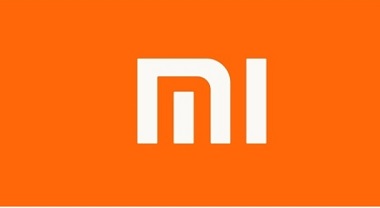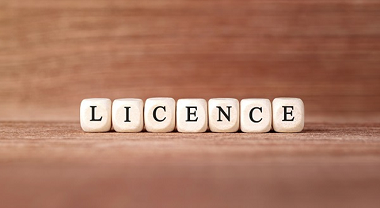Revisiting the Recent Global Trends for Compulsory Licensing
The developing countries lack sufficient resources to initiate R&D and even facing challenges like insufficient expertise and healthcare system over the subject matter. This leads to countries importing various drugs thereby resulting in expensive drug marketing far from making it accessible to poor population of the country.
In this global pandemic when Intellectual Property protection provides various incentives to the developer, this should not be treated as an obstacle to the development. The most sought after provision in the time of pandemic, is that of Compulsory Licensing. Let us delve into some of the past as well as present situations in various countries where recourse to compulsory licensing were taken to fulfill their local needs.
[Image Source: https://www.taypartners.com.my/en/index.php/covid-19-20200406]
Application of Compulsory License in different jurisdiction
In the past, various countries have issued Compulsory license in the wake of their local demand. Previously, the issuance of compulsory license was largely used for HIV/AIDS treatment. Various countries like Brazil, Ecuador, Ghana, Indonesia, Malaysia, and Zambia resorted to compulsory license in the mid 2000s for HIV treatment. Efavirenz and Lopinavir/ritonavir were two drugs that were effective on HIV treatment. Brazil and Thailand were two countries who effectively issued compulsory license for these two drugs. Thailand issued compulsory license for both the drug in 2006 thereby importing generic version of the drug from India, significantly lowering the cost less than a half of both drugs in the country. Brazil issued compulsory license for Efavirenz which lowered the price of the drug from $760 to $170 per patient per year of the generic version.
Many countries, seeing the importance of compulsory licensing and impact of Covid-19, have initiated process to include the licensing regime in their local laws. Canada initiated Bill C-13, commonly known as Covid-19 Emergency Response Act which ‘expands’ the compulsory licensing regime in Canada. Previously, Canada licensing only permits for the pharmacology sector. But this bill expands and enhances the ambit of licensing to any patents and not only for pharmacology. Chile’s Chamber of Deputies passed the resolution to declare its support for issuing the compulsory licensing. Ecuador’s Ecuadorian National Assembly passed a resolution on 20th March, 2020 for adopting compulsory licensing on patented products for public health response to covid-19. Section 13(1) of the German Patent Act gives the power to German Ministry of Health for issuance of compulsory licensing but it has not been used till date. On 28th March the Prevention and Control of Infectious Diseases in Human Act was passed by the German legislation providing the health ministry an extra power to grant license. The grant of license can be challenged but cannot be suspended till the act is in force. Similarly, a new article in France Emergency law No. 2020-290 was inserted. It was L.3131-15 in the public health code. This article allows the France Prime Minister to take all the measures to make available to patients appropriate medicine for eradication of health disaster, which inherently explains compulsory licensing.
United States has a regime of compulsory licensing which compels the licensing of only those drugs which are federally funded. In 35 U.S. Code 203 talks about the ‘March-in-rights’ which categorically make only federal funded inventions under the ambit of compulsory licensing. US do supports a very strong regime of intellectual property for the inventor which is very evident. Whereas, Section 55(1) (a) of UK Patent Act provides for the inclusion of various acts extending to selling or offering to sell for the patented products and process, famously known as ‘Crown Use’ in UK.
Israel is the only country which has issued the compulsory licensing in the time of Covid-19 of the same drug for which Thailand have granted compulsory licensing in late 2006s which is lopinavir/ritonavir, extensively used for HIV treatment. Interestingly, the grant of compulsory license and turning to generic alternative from India is not due to price but due to insufficient supply of the drug by the drug manufacturer AbbVie.
Undoubtedly, the intellectual property incentives are meant to provide the inventors with rewards for their economic investment. But the philosophy behind any such activity must have a reasonable approach to prioritize public health over any other incentives. This priority must be aimed at any cost. If public health is put at risk then it will prejudice the historical, epistemological and jurisprudential foundation of intellectual property. The provision for the compulsory license is well within its ambit as mentioned in TRIPs coupled with the amendment in 2017. The developing and the least developed country must take an optimum utilization of the said provisions in their local law. These provisions help the country in dealing not only with the pandemic, as in current situation, but help them to also cope-up with the situations at the local level in country to country basis. These provisions will definitely result into research having maximum productivity and generate market certainty.
Author: Saransh Chaturvedi (an advocate) currently pursuing LLM from Rajiv Gandhi School of Intellectual Property Law (IIT Kharagpur). In case of any queries please contact/write back to us at support@ipandlegalfilings.com.




